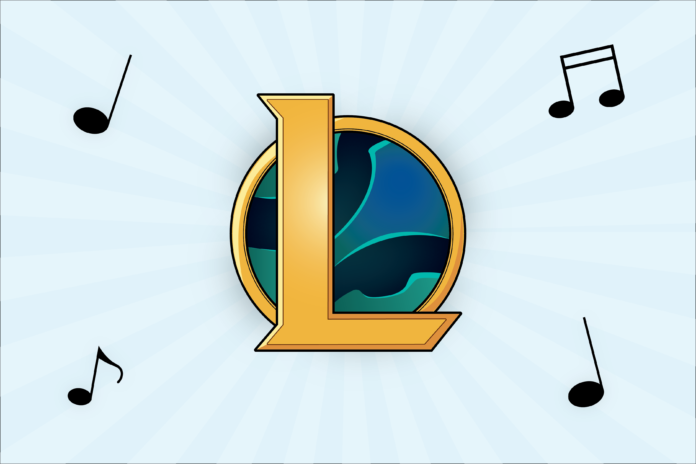The videos game’s musical projects defy expectations
You’ve probably heard of “League of Legends.” Either you play it, know someone who plays it or get those horrible animated Youtube advertisements telling you to play it. Created by the studio Riot Games, it has cemented its reputation as one of the most popular multiplayer games in the world. “League” works in teams of five. Players (called champions) aim to destroy each other’s bases with calculated attacks. The action-strategy game uses lore and intense competition-based gameplay to hook players.
Its global popularity has only grown since its 2009 debut. As a result, it boasts the largest Esports tournament in the world. The League of Legends World Championships, (commonly referred to as Worlds), had over 100 million viewers in 2019, more than the Superbowl. The winners received a cumulative prize of $6.5 million. Despite its unprecedented success, none of this is odd for the Esports business model. Team-based strategy games and large competitions are the foundation of the industry. What sets League apart is its inclusion of game-sponsored music.
Music was no doubt introduced as a way to spice up Worlds. So much relies on the competition in terms of funding and recruitment, and Riot is willing to pull out all the stops. There is a yearly Worlds anthem released to the public to promote the championship. The artist switches each year, with past songs featuring popular musicians like Imagine Dragons and Zedd. They vary in quality and lyrical content, but all follow the hard-hitting, bass-heavy, orchestral model to create the perfect dramatic gaming anthem.
“Legends Never Die ft. Against the Current” from 2017 is the best example of what a Worlds song should be. It should feel silly listening to a song glorifying an elementary video game. And with lyrics like “legends never die/they become a part of you/can’t you hear them screaming out your name,” the song isn’t exactly shy about how highly it regards League of Legends players. But the song builds so intensely and invokes such a feeling of competition that you lose yourself in it. The vocals are so engrossing that you forget your surroundings and zero in on the feeling of success.
The other reason music has incorporated itself into League is to sell skins, the costumes players can wear during the game. The first band created for this purpose was PentaKill, a virtual heavy metal band debuted 2014 that released two albums, the second going number one on the iTunes metal charts.
PentaKill did well, but K/DA is without a doubt Riot Games’ most successful musical endeavor. The four person girl group debuted with the talents of American singers Madison Beer and Jaira Burns as League champions Evelynn and Kai’Sa, and K-pop girl group (G)-IDLE members Soyeon and Miyeon and Akali and Ahri. Their debut song POP/STARS was a massive success, as were their line of skins. The song grew past the domain of gamers and reached the general public, topping the Billboard world music charts and garnering over 380 million YouTube views.
POP/STARS is honestly one of the best pop songs ever made. It feels like it was an accident. A song meant to act essentially as background music, technically not sung by real people, suddenly became a phenomenal hit. It evokes a feeling of power that all League songs seem to embody. Each voice is unique and encourages you to sing along. The backtrack is loud but still feels intricately put together. Upon its release, it went viral several times on Twitter, and once you hear it, you become addicted. The song is so good that people who don’t listen to K-Pop or play League still have it in their playlists.
Two year later, K/DA is back. They released their pre-release single “The Baddest” with a slightly different lineup. Their upcoming EP features the vocals from various stars like K-pop super group TWICE and German pop star Kim Petras. Based on the quality of their previous music, it will be something to look forward to.
It’s easy to understand music as a device simply to promote League—an easy entrance point for newcomers. But because the music is genuinely good, and listenable to individuals who don’t even play the game, the impact changes. What began as a marketing endeavor has forever changed the way music and gaming intersect.
Written by: Livvy Mullen — arts@theaggie.org




